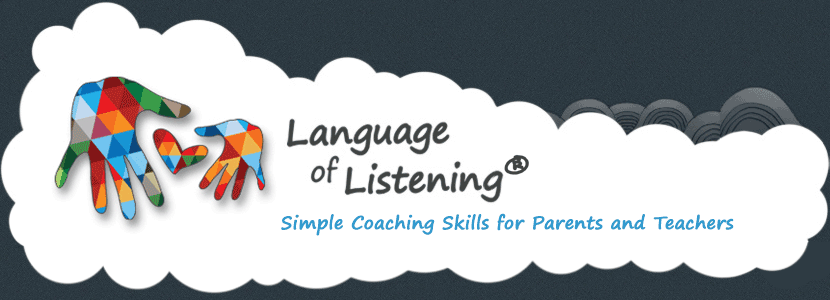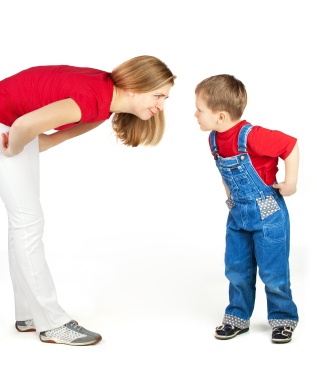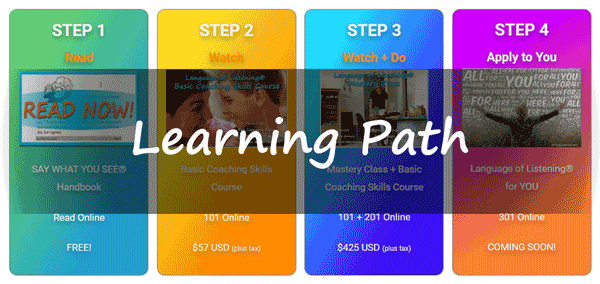The disturbing question “Can you love a child you don’t like?” comes up more than you can imagine.
This dilemma can cause painful feelings of guilt for parents or teachers who have mixed feelings about a child, or harder yet, for those who find one child easier to like than another.
When asked, my answer is always, “Of course,” but it’s been hard to explain why. Today I can:
Like and love are NOT two versions of the same thing.
Here’s what I mean. We all know that “best” is the superlative version of “good” (good – better – best). When “love” is used as a kind of superlative version of “like” (like – like more – love), as in “I love ice cream,” like and love become two versions of the same thing.
Guess who sees love that way – children.
What I realized today is that if you are conflicted about feelings of like and love, it might help to consciously separate your adult understanding of love from its childhood underpinnings.
When you say what you see to your child-self, “You think love is an extension of like,” it’s easier to get the difference. As an adult, you know love is a deep connection, beyond superficial feelings and independent from preferences or tastes. Putting the two side by side can help clear up any confusion.
Even though we use the same word for both, no one would confuse loving a child with loving ice cream. The question, “Can you love a child you don’t like?” does. It conflates deeply connective love with a superficial preference.
Disclaimer: This personal growth blog is where we share our realizations, insights, and breakthroughs as posts that offer a different way to look at life (different, not “right”) and stimulate further thought. If you are wracked with guilt over your feelings about your children, please seek help from one of our coaches or a licensed mental health professional such as a counselor, therapist, or psychologist.











